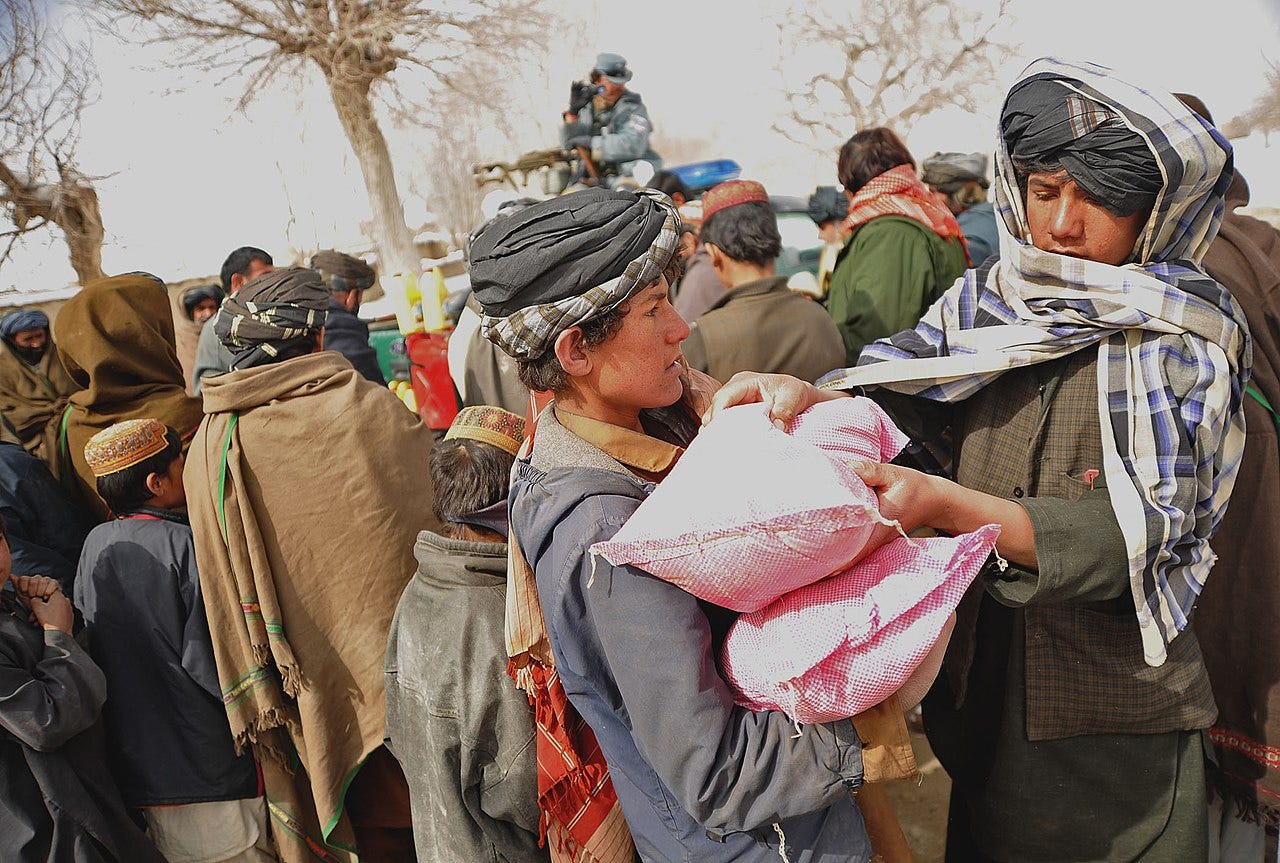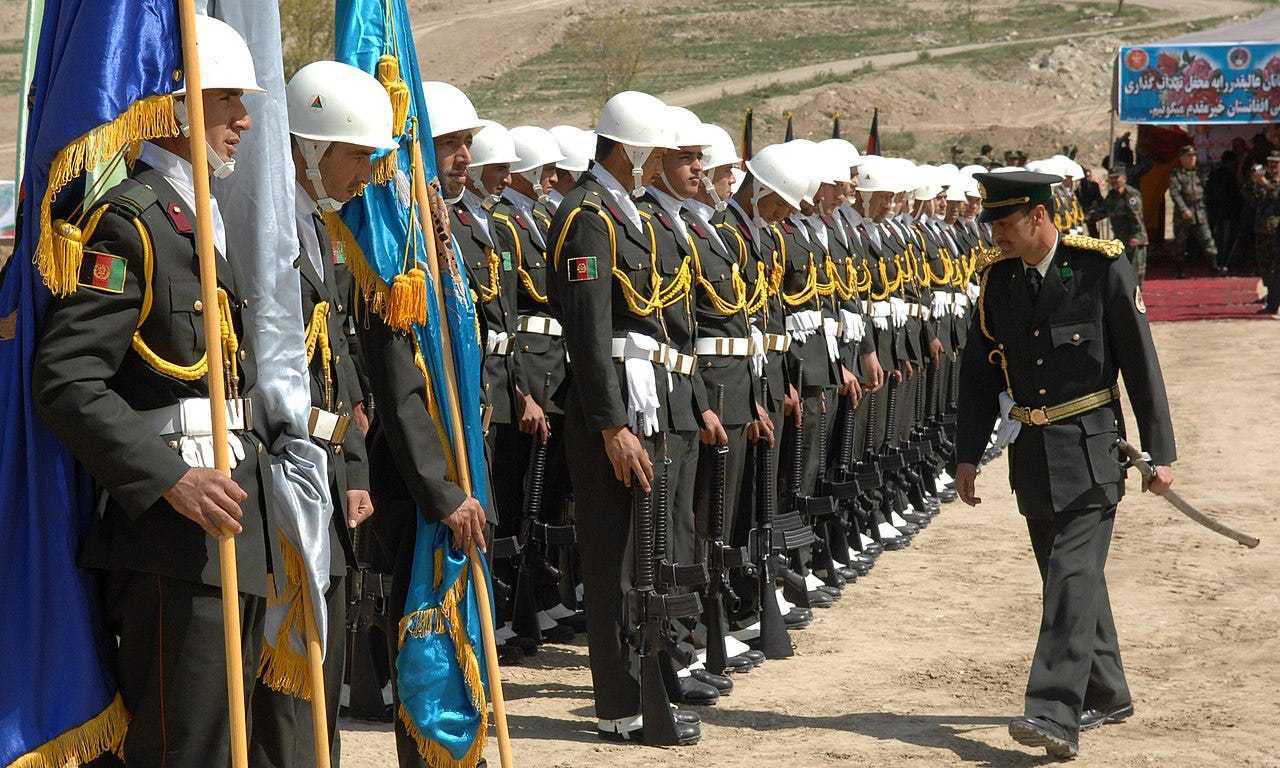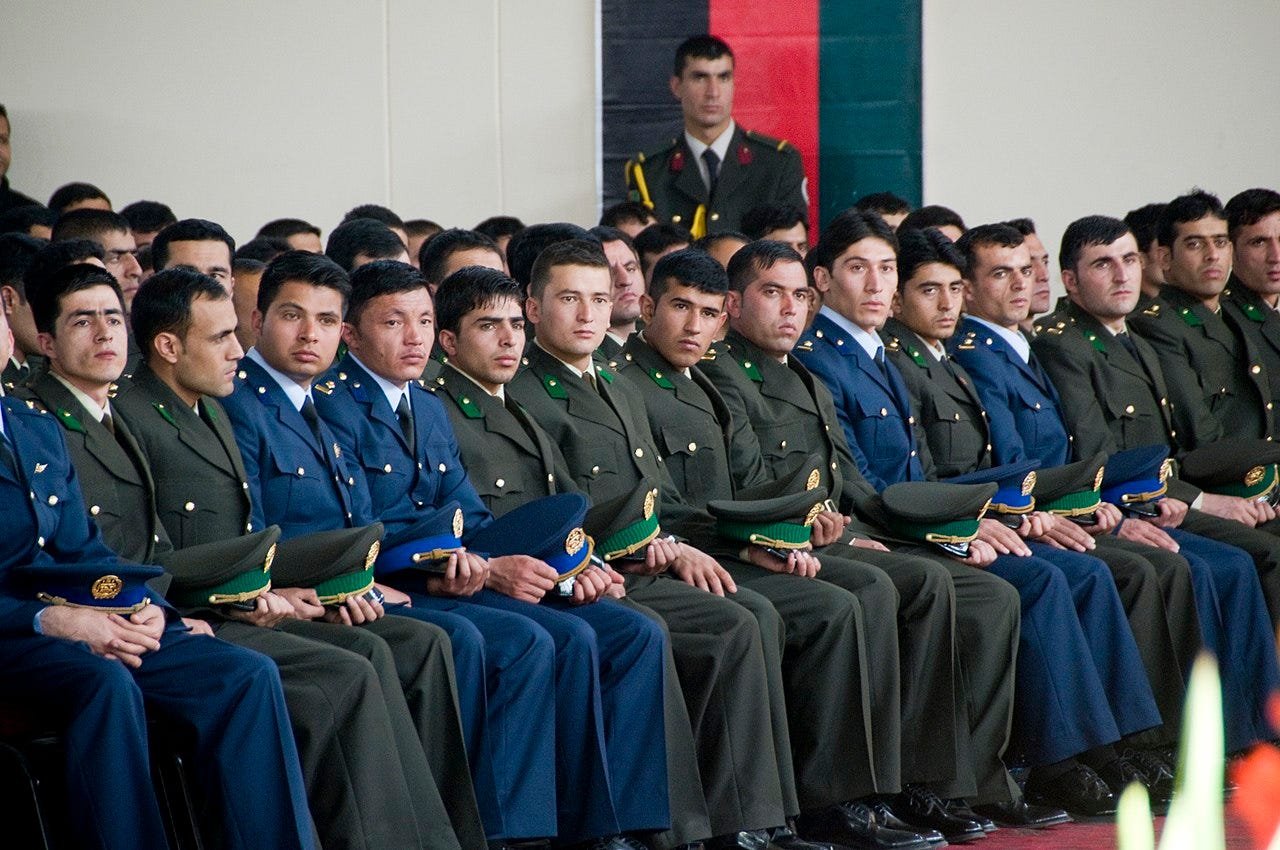The Brother Who Carried More than Cement
A true story of sacrifice, brotherhood, and the strength that build a future

If love could take shape, sacrifice could be weighed, and resilience could be measured—not in words but in quiet deeds—then my older brother would be the strongest man I’ve ever known.
To the world, he was merely a young Afghan man with dusty shoes, tired eyes, and calloused hands. But to me, he was everything: my brother, my best friend, my teacher, my protector—and in many ways, my second father.
We were born into an era when hope was a scarce commodity. War had already etched itself deep into the walls of our home, and poverty clung to us like a second skin. My earliest memories are neither of toys nor laughter, but rather of the silence in empty kitchens and the taste of dry bread.
When you grow up poor in a country like Afghanistan, you don’t dream of castles; you dream of stability, enough food to eat, nights without gunfire, and sugar in your tea. And if you’re lucky, you dream of a future.
My father, a decorated army officer, lost his leg in battle just three days after marrying my mother. Despite his disability, he raised us with discipline, dignity, and unwavering love. But by 2001, he was labeled DDR—(Disarmed, Demobilized, and Reintegrated)—a polite way of saying forgotten. His pension was barely $60 a month, and that had to feed our entire family.
We knew hunger. Not just the kind that gnaws at your stomach, but the kind that teaches you how to ignore pain. The kind that makes you look at your siblings and wish you could give them more.

My brother and I were inseparable. From first grade to the day we graduated from the National Military Academy of Afghanistan, we were side by side. Same classes. Same uniforms. Same dreams. But somewhere along the way, I realized something: while I was dreaming, my brother was building.
He was the kind of person who gave without anyone noticing. If there were three pieces of bread, he ensured I had two. If there were five minutes of rest, he offered me all of them. He bore the weight of our shared responsibilities and the burden of our family’s future.
In late 2004, we enrolled in the military academy. We felt proud and hopeful, yet we remained poor. We could go home once a week—from Friday evening until Saturday afternoon. It was a brief opportunity to feel like a family again, enjoy a home-cooked meal, and rest.
I often slept in. I needed to. The academy was grueling—physically, mentally, and emotionally. Yet my brother… never rested. Every Saturday, when I woke up, he was already gone.
My mother would dismiss it. “He’s visiting relatives,” she’d say. But something felt off. One weekend, I followed him. Quietly. From a distance. Through winding alleys and dusty roads.
He walked for over thirty minutes until he reached a construction site. I waited for a moment, then knocked on the same door. An elderly man answered. “There’s no one here,” he said. I persisted. He hesitated, then asked, “What’s your brother’s name?”
I told him. And his face changed. He led me up four narrow flights of stairs.
And there he was.
My brother, dressed in ragged clothes soaked with sweat and his skin coated in dust, struggled under the weight of a cement bag. His eyes widened when he saw me—not with shame but with fear.
“Please,” he whispered, “don’t tell Dad. He doesn’t know. I just want to help. I can’t watch him struggle any longer.”
In secret, he had been working there every weekend, earning the equivalent of one U.S. dollar a day—80 Afghanis. He gave every penny to our mother instead of resting, relaxing, or living like a young man.
I stood there frozen. My heart ached with pride and pain.
“I’m staying,” I said. “I’m helping you.”
We carried those cement bags together that day. I passed them to him to make it seem like he was doing all the work. The foreman noticed and gave us each a bonus. “Come again next week,” he smiled.
And we did—again and again. In that dusty room, lifting cement and inhaling the smell of sweat and lime, we discovered something more powerful than hardship—we found purpose.
When we got home, Mom was waiting with tears in her eyes. She silently massaged my brother’s tired feet, her hands shaking from worry and her face worn from years of sacrifice.
We fell asleep like children briefly before heading back to the academy, exhausted but proud. Hopping non of our siblings will. Go to bed hungry.
We kept working and studying hard. No one knew how difficult life was for us. Our commanders would punish us for being late by assigning us to guard duty with rusted rifles and empty barrels. I remember standing alone in the cold, staring at the stars and crying. “God, if you’re there,” I whispered, “why does life have to be this hard?”

Years passed. We worked, studied, prayed, and persevered. My brother graduated second in our entire academy. Hamid Karzai, the President of Afghanistan, presented him with a ceremonial sword and a golden watch. He had earned every bit of recognition.
I encountered more challenges and failed some classes. However, my brother never gave up on me. He encouraged me, believed in me, and stayed up late tutoring me. Ultimately, I graduated at the top of my department with an overall GPA of 92.25%.
I was selected for pilot training in the United States, while my brother chose civil engineering. He went on to write nine books, teach at several universities, and work tirelessly designing infrastructure to benefit our country. He gained such respect that the President appointed him Director of Kabul’s Traffic Police and Urban Planning, entrusting him with a city of five million people.
And then, Kabul fell.
In the chaos of August 2021, as everything we had built began to crumble, we held each other once again—just like we did when we were boys in the academy, just as we did at the cement site. We escaped together, carrying not bags of cement this time but the weight of our memories, losses, and unshakable bond.

Today, we live in the United States. I’m an airline pilot. He’s a respected civil engineer pursuing a master’s degree in Washington, D.C., which I learned about last night.
We both carry the scars of our past, but they are no longer just wounds—they are medals. They are proof that love can survive war. That family can carry you through anything.
My brother once carried cement to support our family. But what he really carried… was me.
He bore my doubts, failures, and hopes. He believed that, regardless of how dark the night, morning would eventually arrive. He carried a dream—not just his own but also mine.
And now, when I gaze at my wings and soar above the clouds, I realize it’s not solely due to my hard work. It’s because he lifted me when I was unable to lift myself.
This story isn’t just about hardship. It’s about hope.
The American dream is still alive—not because it’s easy, but because of people like my brother who work for it, who never give up, who give without asking, who carry cement on their backs and still lift others up with a smile.
To those reading this: you don’t need a sword to be a hero. Sometimes, all it takes is the will to bear a bit more than your share. A bit more weight. A bit more love. A bit more hope.
If you have someone like that in your life, thank them and share their story. The world needs to know that heroes don’t always wear capes. Sometimes, they wear dusty shoes, carry cement, and never stop believing in you.




Thank you my brother Will Selber
This is just beautiful. I can't say anything else.